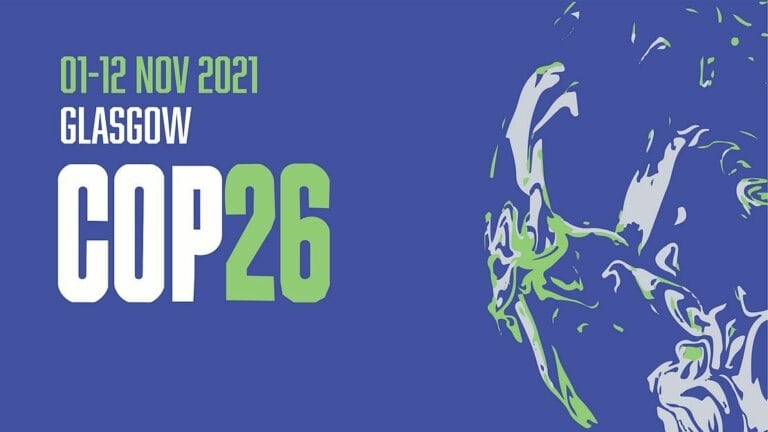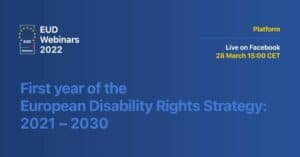On the 11th of November, the EUD attended the webinar hosted by the Global Disability Innovation (GDI) Hub and the Asian Development Bank (ADB). The GDI Hub is a research and practice centre born out of the London 2012 Paralympics. The Hub works with the ADB to mainstream disability inclusion on projects across the Asia-Pacific region. The event’s purpose was to showcase different stakeholder perspectives on making the design of climate-resilient cities inclusive of persons with disabilities (PWDs).
Representing the Indonesian perspective, two speakers provided in-depth experience on this issue: Ibnu Sina, Mayor of Banjarmasin, and Ahmad Rifai, Executive Director of Kota Kita Foundation. Mr Sina said that the town of Banjarmasin developed disaster-resilience training for PWDs because they are vulnerable during the emergency response, and need to be prioritised. Mr Rifai stated that the pandemic had exposed this and showed that women and children with disabilities were the most vulnerable and severely impacted.
Gordan Rattray, an International Cooperation Officer at the EDF, said that NGOs and organisations for persons with disabilities (OPDs) are part of the civil society and need to be consulted by national governments on issues relating to Article 4.3 of the UNCRPD. As the barriers that are being discussed are ones that PWDs face on an everyday basis, and know the solutions to overcome, OPDs and NGOs need to be actively involved in the decisions on how to create climate-resilient cities. Mr Rattray concluded that accessibility is not a minor part of sustainability; it plays a huge role in it, and embedding disability inclusion from the beginning of the process supports the drive toward increased resilience.
Iain McKinnon, the GDI Hub’s Director of Inclusive Design, argued that our built environment in the future must be inclusive of the 1.2 billion PWDs worldwide. This number will rise dramatically in the coming decades as the population ages and stigma reduces, he said, emphasising that our infrastructure also needs to protect those with sensory impairments.
The event was informative as it highlighted the importance of placing disability inclusion high on the agenda at national, European and international levels, and ensuring that it is not relegated to a side issue. Regarding climate change, policies need to be accessible for all PWDs, and it is essential to raise awareness of these policies as climate-related challenges directly impact everyone.












